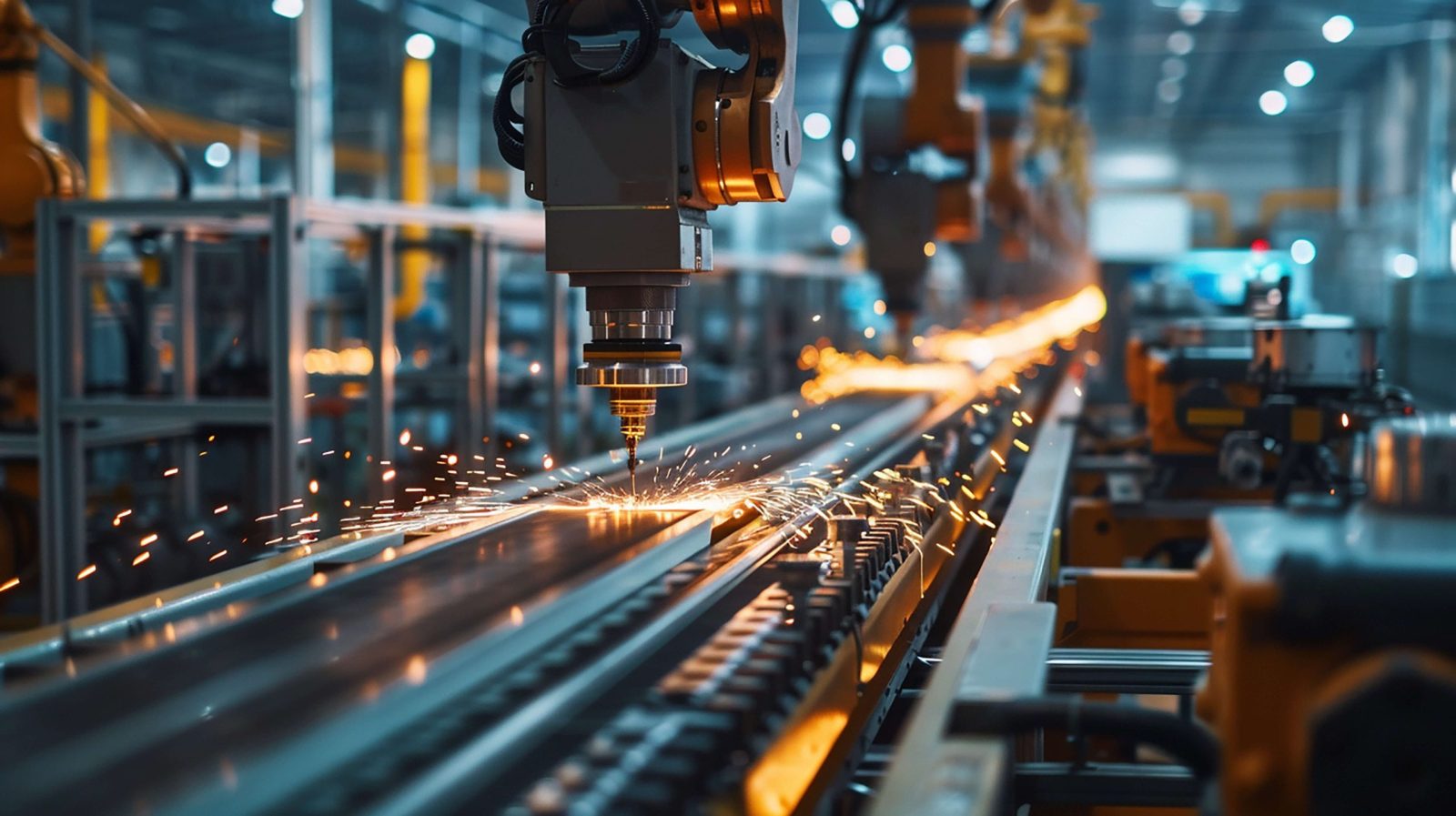In today’s fast-paced industrial landscape, the world of modern manufacturing is undergoing revolutionary changes. Rapid advancements in technology are shaping the future of the manufacturing sector, as businesses adapt to new consumer demands and sustainability goals. Are you ready to explore six innovative strategies that are not just transforming production processes but also driving success in the industry?
This article lists and identifies groundbreaking strategies in modern manufacturing, such as advanced grinding technologies, that are driving industry success.
- Smart Manufacturing
Smart manufacturing uses special tools like the Internet of Things (IoT), artificial intelligence (AI), and data to make factories work better. In these factories, smart machines talk to each other and share information quickly.
This helps people find problems and fix them faster. It makes the whole process smoother. Because of this, factories can make more things in less time.
- Advanced Grinding Technologies
One area experiencing significant innovation is advanced grinding technologies. These processes enhance precision and quality in manufacturing. It caters to the demand for highly intricate designs.
Products like centerless grinding products are excellent examples of how newer technologies can enhance efficiency and precision in material processing. The benefits of advanced grinding technologies can extend beyond just efficiency. They often lead to superior final product quality, better surface finishes, and reduced wear on machinery.
Utilizing new materials and techniques, manufacturers can achieve superior surface finishes and operate with lower energy consumption. This approach not only meets industry standards but also promotes sustainability.
- Additive Manufacturing
3D printing, also called additive manufacturing, has changed the way we make things. It helps people create new designs quickly and make special items just the way they need. This method also cuts down on waste and saves time during production.
Big industries like airplanes and hospitals now use 3D printing to build detailed parts with great accuracy.
- Automation and Robotics
Using machines and robots in factories helps get work done faster and with fewer mistakes. Robots can do the same task over and over again very quickly and carefully. This lets people work on harder jobs that need thinking and planning.
Because of this, factories can make more things and keep workers safer, too.
- Lean Manufacturing Techniques
Lean manufacturing is a smart way to make things in factories. It means doing more with less by cutting out waste and using time and materials wisely. People working in these factories always look for ways to do things better and faster.
This helps the factory make more products while saving money and energy.
Key lean techniques include:
- Value stream mapping
- Just-in-time production
- Continuous improvement (Kaizen)
- Cross-training employees
Implementing these strategies facilitates a more agile and responsive manufacturing environment.
- Sustainable Practices
Today, more people care about helping the Earth, so factories are trying to be more eco-friendly. Many companies now use clean energy like solar power, recycle materials, and try not to waste water or electricity. These good habits help keep the planet healthy.
Also, when businesses go green, customers feel good buying from them, which helps the company grow.
Stay Ahead in Modern Manufacturing
In today’s world, technology is always changing, and using new ideas can help factories stay ahead. When factories use smart machines, improve how they shape materials, and take care of the Earth, they can do better work and help the planet too. Learning about new tools and smart ways to make things can make a big difference.
For more modern manufacturing tips, check out our blog posts.

Dilawar Mughal is an accomplished author with a passion for storytelling. His works span various genres, from thrilling mysteries to heartfelt romance novels. With a keen eye for detail and a knack for character development, Sana Fatima weaves engaging narratives that captivate readers and transport them to new worlds.










